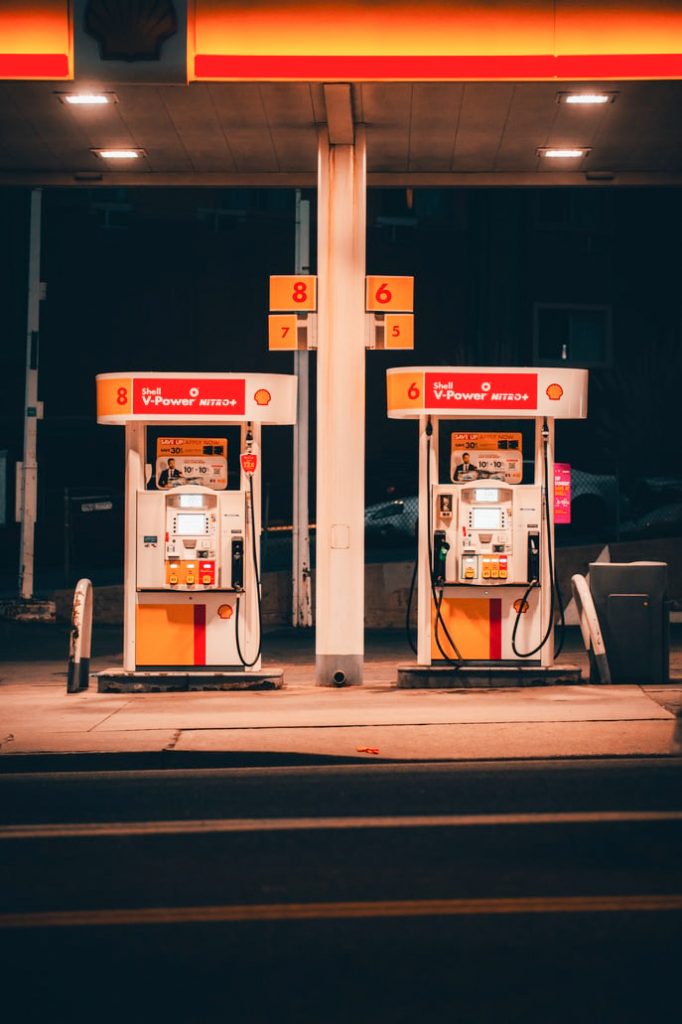Anyone that has filled their car up with gas or bought groceries recently has noticed a drastic difference — everything is more expensive. A new trend involves putting a sticker of President Biden saying, “I did that!” next to high gas prices at the pump.
But what we should be asking is: should Biden really be taking all the blame for rampant inflation and increased prices?
Republicans are unified on blaming Biden and his supposed reckless spending, but the problem is far more complex than putting all the blame on the president.
The GOP has heavily criticized the president for the $1.9 trillion American Rescue Plan contributing to inflation, ignoring the fact that former President Trump signed $2.3 trillion and $900 billion COVID relief bills. Although no single source can bear full responsibility for the current inflation, the economic impact of COVID-19 is the root cause.
Prices are increasing because of high demand combined with supply chain disruptions.
After the economic downturn caused by COVID-19, Americans have been buying goods at a record rate. This tsunami of demand has caused global supply chains to slow, providing a lower supply of goods than demanded. Goods producers are struggling to catch up after the pandemic brought business to a crawl.
Supply chain disruptions have caused price increases in groceries, home goods and, quite famously, gas.
But back to the stickers. What I am trying to say is that high gas prices are not Biden’s fault.
Simple economics says the more demand there is for a product, the higher the price goes. Americans are travelling in droves this summer, buying more gasoline for their cars, therefore increasing the price. A recent strong winter in several parts of the world, including the US, caused demand for energy to increase.
Not only is demand high, but supply is low.
OPEC, the Organization of the Petroleum Exporting Countries, which is in charge of coordinating oil prices, has not considerably increased the exporting of oil barrels to meet demand. Hurricane Ida halted domestic oil production in the Gulf of Mexico, bringing the US crude oil stockpile to a three-year low. Europe is currently in an energy crisis due to natural gas war with Russia, having ripple effects on the global energy market, like a rising coal and gasoline prices.
Supply and demand in a market economy has increased gas prices. It shouldn’t be blamed on Biden halting the Keystone pipeline construction or some other talking point.
Another foil of the inflated economy is unemployment. People blamed the federal government for paying people not to work, referencing the historic unemployment benefits from the CARES Act. That program ended in September, and states that ended increased unemployment payments before the federal government did not experience strong job growth as expected.
The “Great Resignation” is the wave of people quitting their jobs hoping to capitalize on leverage caused by the needy job market. According to National Public Radio, a record 4.3 million Americans quit their jobs in August because low pay. Many people used the extra time they had during the quarantine to reflect on their careers, which then prompted some to walk away from their jobs.
Unemployment also hinders businesses and supply chains, which results in higher prices.
These economic factors—supply and demand, supply chain disruptions and the Great Resignation—have contributed to inflation, not Biden. Economic downturn recoveries are rarely pretty, but it would not be truthful to assign all the blame to the president because of a predictable free market adjustment.
However, President Biden is not off the hook. How he responds to this inflation is key. Then politicians can make judgment calls and rant on Twitter.
Browder is an opinion writer.
